Aruna Sampige, Founder of Roots Reforms Initiative
Financial inclusion efforts are expanding at a rapid pace around the globe, particularly in rural parts of India. However, in many marginalized communities—and for women in particular— both access to and choice of financial services is still limited and unreliable. Aruna Sampige, Founder of the Roots Reforms Initiative believes she has a solution to empower women through last-mile financial inclusion.
Roots Reforms Initiative (Roots) is a financial services distribution company, and Aruna’s mission is to reach underserved communities with access to timely finance options. She trains and employs village-level women consultants to facilitate the delivery of financial services, creating job opportunities for many women while promoting financial inclusion for even more.
Aruna is a cohort member in Upaya and MIT D-Lab’s 2021 Scale-Ups Accelerator, a program designed to help women entrepreneurs grow their businesses and create jobs in marginalized communities. Check out our interview with Aruna where we asked her about what led her to start her own business and how its having a positive impact!
What are the main issues you’re looking to solve with your business?
We are addressing the problem of limited access and choices of financial services for the underserved segments. When you go into deep rural areas, you will see that poorer communities still find it hard to get timely finance, digital presence, or even personal identification tools such as Aadhaar and bank accounts.
Second thing you will notice is the plight of the women. Women work very hard at home and outside, but most don’t have digital identity, financial freedom, or access to opportunities.
Large scale institutional building efforts have changed a lot of things for the poor. But in order to effectively facilitate many such infrastructure developments, financial literacy, inclusion, and women engagement is crucial.
What led you to start your Roots Reforms?
Growing up in a village, I experienced the difficulties of village life first hand. My great grand dad, father, now my brother and many close relatives work in the development sector in the communities to better living conditions for the poor. These two factors inspired me to work on designing more professional interventions for the underserved with my education, network, and global experience background.
In my first company, we worked on digitising a state-run foundation’s project to reform 1,000 of the most underdeveloped villages in Maharashtra. I was quite deeply engaged in the project. I was exposed to the dire need of financial inclusion—and the consequences the communities experienced due to lack of timely finance. Farmers were committing suicide in large numbers. Youth were migrating to cities. And families did not have basic facilities and infrastructure in the villages to live in a dignified manner. This really touched me and triggered me to start Roots to facilitate access to mainstream financial solutions for the village poor.
How does your business play a role in the lives of those you employ today?
Our employees and the Women Business Correspondents are taking our vision on the ground. They are moderately educated, middle class folks, and most are very committed, sincere, and hardworking to make the best use of the opportunity. Most of them, women in particular, don't have many opportunities for employment in their villages.
Working with us means an opportunity to engage in a respectable job that gives them a decent income, respect, and recognition in the community. We have noticed a big shift in their confidence level and change in lifestyle within a year. They are grateful for the opportunity as much as we are to find them, hence they are always open to working with us on more and more initiatives that help their communities.
Did you always know you would be an entrepreneur?
For eight years, I worked in corporate human resources, project management and IT service delivery roles in Australia. After returning to India in 2011, I realised that, although I did well, I had never enjoyed working in the corporate world. I felt very restless and constrained—boxed up. I decided to work towards something more meaningful and closer to heart. The limitless possibilities for growth and the opportunity to create by adding a little bit of you into what you do is very exciting for me!
On a lighter note, I am a bungee jumper and a skydiver! While I’m not an adrenaline junky per say, I won’t shy away from taking risks in life. I have been called a go-getter, and I am extremely focused on goals. I think these are good qualities for an entrepreneur.
What has been your biggest personal take-away in your entrepreneurial journey so far?
Building a business around the cause I believe in keeps me going even at the hardest of times.
Building a business around the cause I believe in keeps me going even at the hardest of times. It’s important to find the purpose of why we do what we do and the rest will fall into place. People come and go, solutions you build change, names and approaches change, but that goal will keep you going. All the work done in this direction adds up in a profound way over a period of time.
Have you faced any unique challenges being a woman business leader?
The challenges are many. Every step of the way you have to prove yourself. You don’t see many women professionals in the remote rural villages. Clients, investors, employees, and your own family members sometimes question your abilities.
In one of the companies where I was the CEO, the auditor sent the annual financial statements to the non-executive partner because he was male and older. Another time, a prospective client kept referring to my partner as “your boss” in the meeting, which was very annoying.
Only way to deal with them is to keep doing what you do with passion, hard work, and some flexibility sometimes. I see them as initial hurdles, and once you get past a couple of times, it gets slightly easier.
What continues to motivate you to do this every day?
Working for the underserved, I have found my “ikigai.”
It gives me immense satisfaction and a great sense of fulfilment to work at the grassroots level. It feels like I am helping my own younger self, my community, and my country to heal, grow, and become happier. Working for the underserved, I have found my “ikigai.” What I love, what I am good at, what the world needs, and what I can be paid for.
Was there ever a moment that you thought you could fail? How did you power through that?
Early in my Roots journey, I was part of the first IIM Ahmedabad Financial Inclusion LAB cohort as the Inclusion Champion. There were 10 very bright start ups who had made great progress in solution-building for the underserved. I was little too early in my journey to be in the cohort, hence I was added as a Champion with a promising idea and passion for financial inclusion.
Although there was an interesting opportunity with one of the state governments, I did not have the required network, team and funds to pull the solution together. I had to accept the failure gracefully and move on. But I did not give up. I continued to learn, network, and solicit opportunities. There have been more failures than successes in the last 10 years of entrepreneurial journey. I have learnt from each failure and made great progress in the next one every single time.
What is a piece of advice you’d like to give to other aspiring entrepreneurs?
First, know your drivers. Is your driver the impact? Innovation? Money? Once you know the answer, your work will take that path consciously and subconsciously. For me it’s the impact, money to carry out sustained work, and recognition to inspire other women.
Also, know that your vision—and the work you do towards it—is an ongoing process. It all adds up in the years to come into a strong foundation and history. Look beyond companies, people, and projects while setting a vision for your work.
Finally, it's critical to have a large network of people with varied skill sets. Alumni groups, like minded entrepreneurs, professional interest groups etc. Never lose an opportunity to connect, network, and promote your work!
What keeps you up at night?
The plight of women in the so-called modern world—and the size of the problem—keeps me up at night sometimes. Even in the most advanced society, women face discrimination and harassment in different ways. In the underserved segment, the bias is more visible by way of not getting the same level of access to education, nutrition, and opportunities all through their life.
What is your vision for the future?
Financial inclusion lays a great foundation for all building blocks of economic development.
As we are all aware, rural India consists of the majority of the population here, and women form nearly half of our total population. It’s not possible to achieve the desired growth by excluding these key contributors. Financial inclusion lays a great foundation for all building blocks of economic development. My vision is to expand the access and choices in financial services beyond existing boundaries.

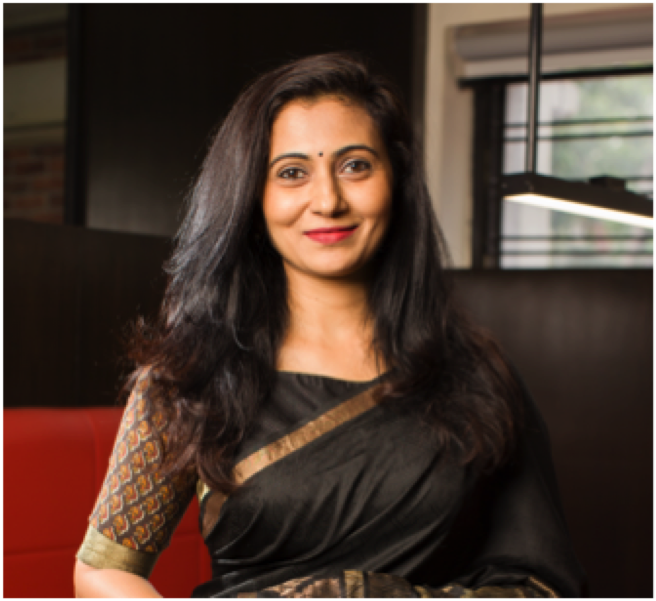
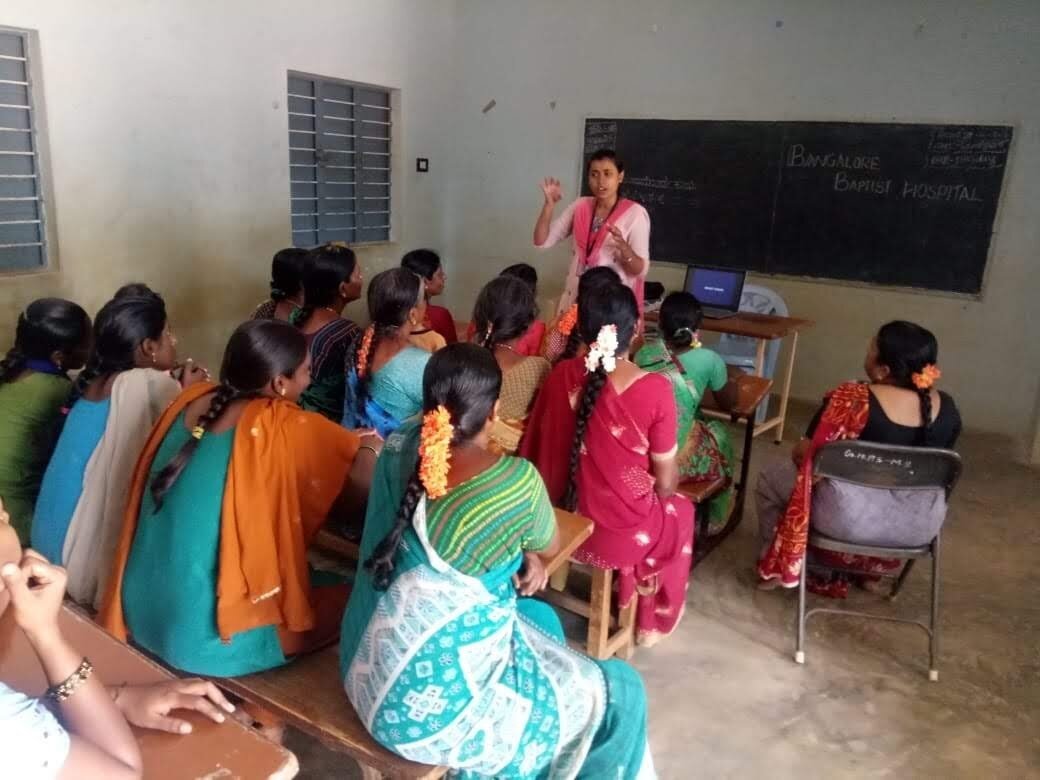
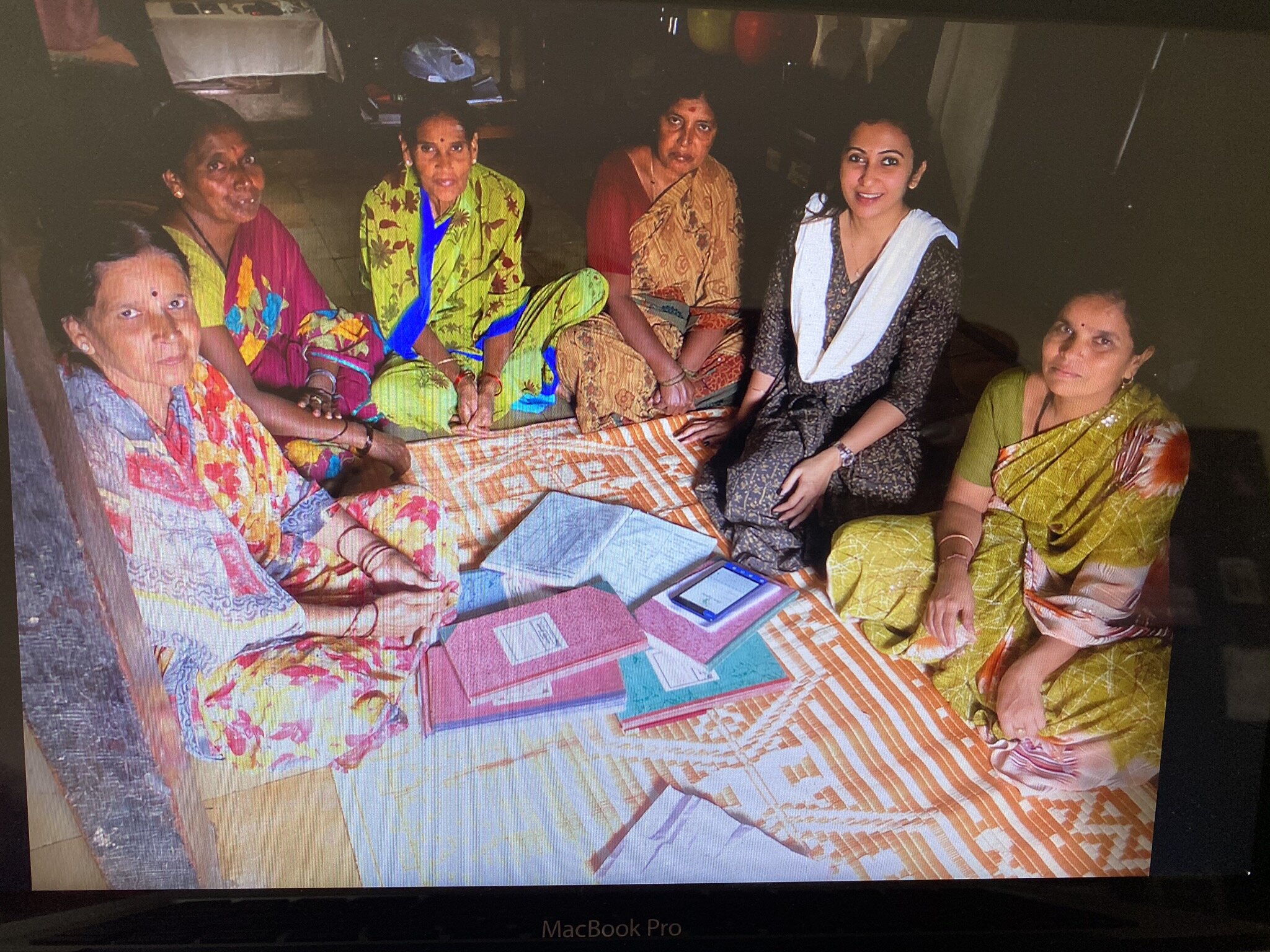
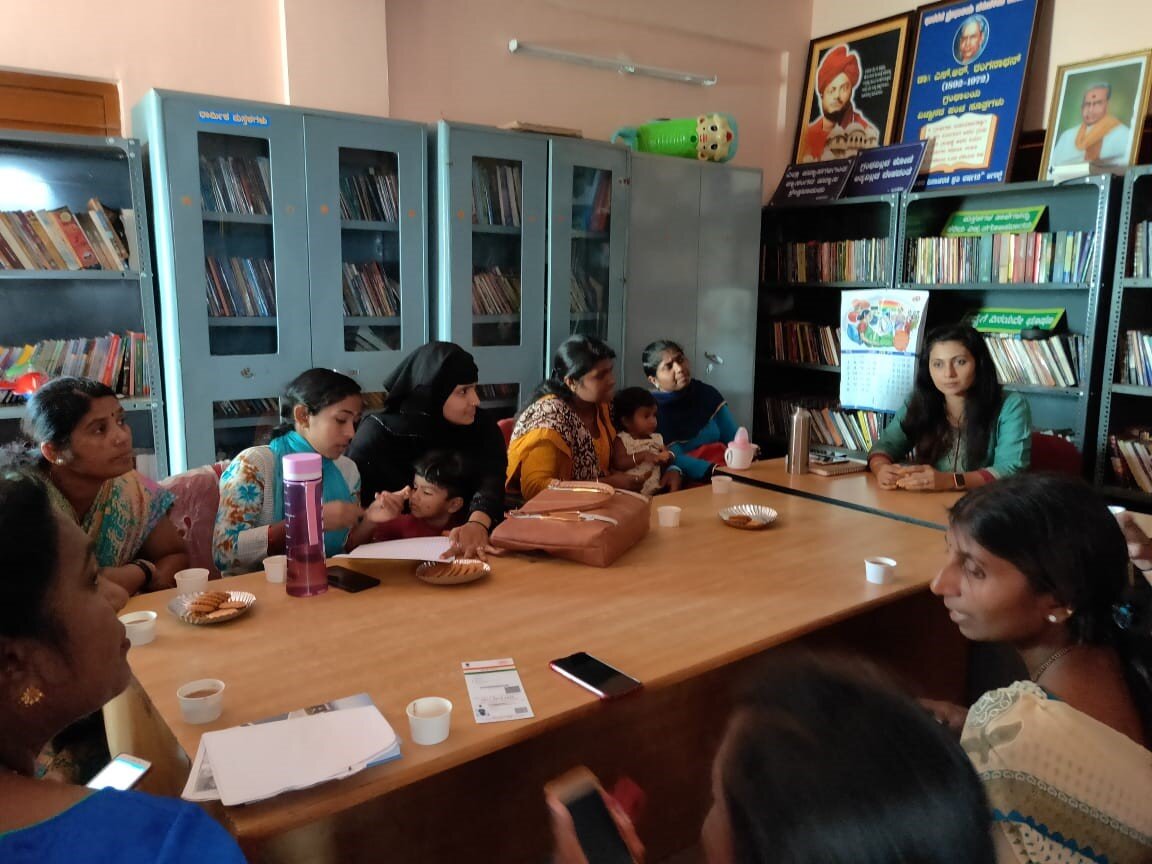
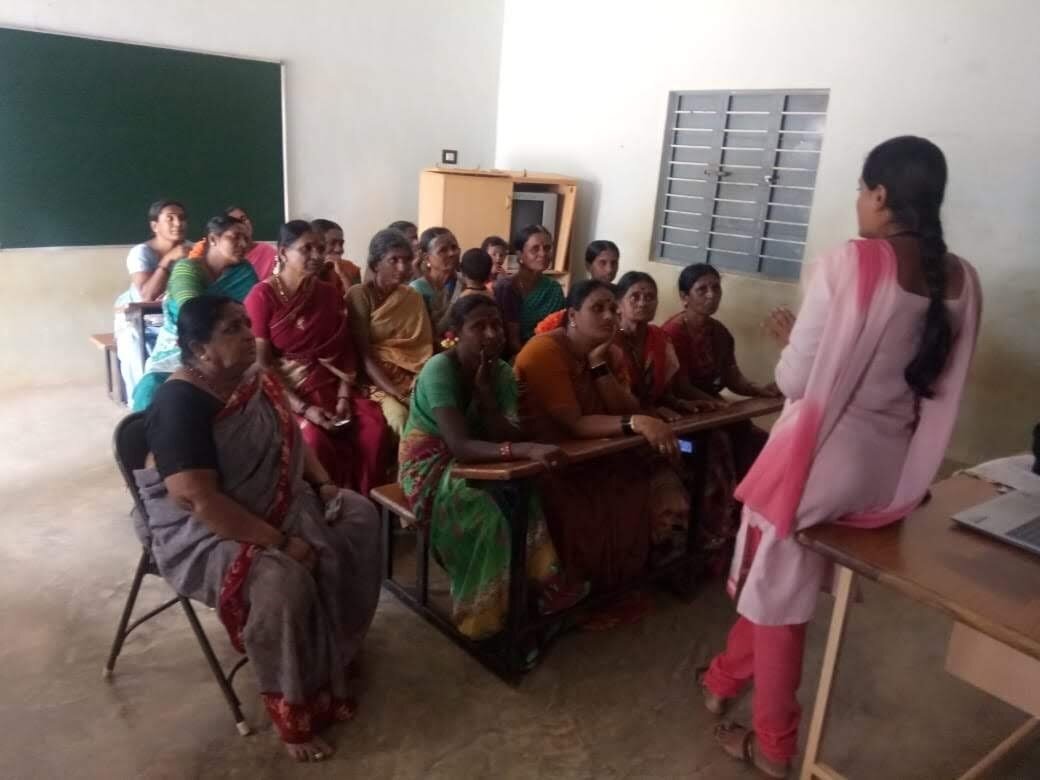












The Tribal Hermit is a social impact venture that works closely with 130+ Dhokra craft artisans from Kondagaon, Bastar, and Raigarh districts of Chhattisgarh to design, create, and sell their products.